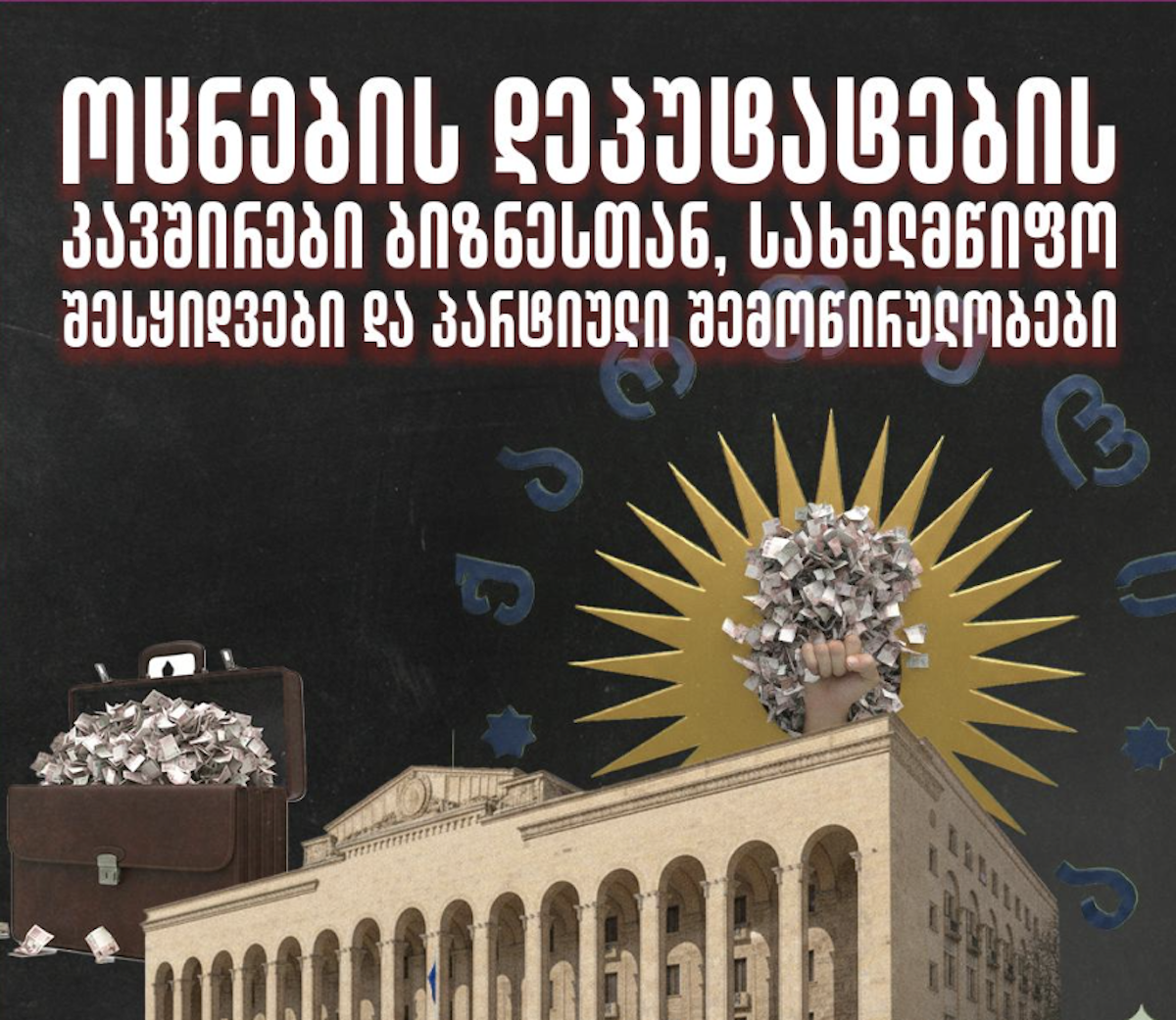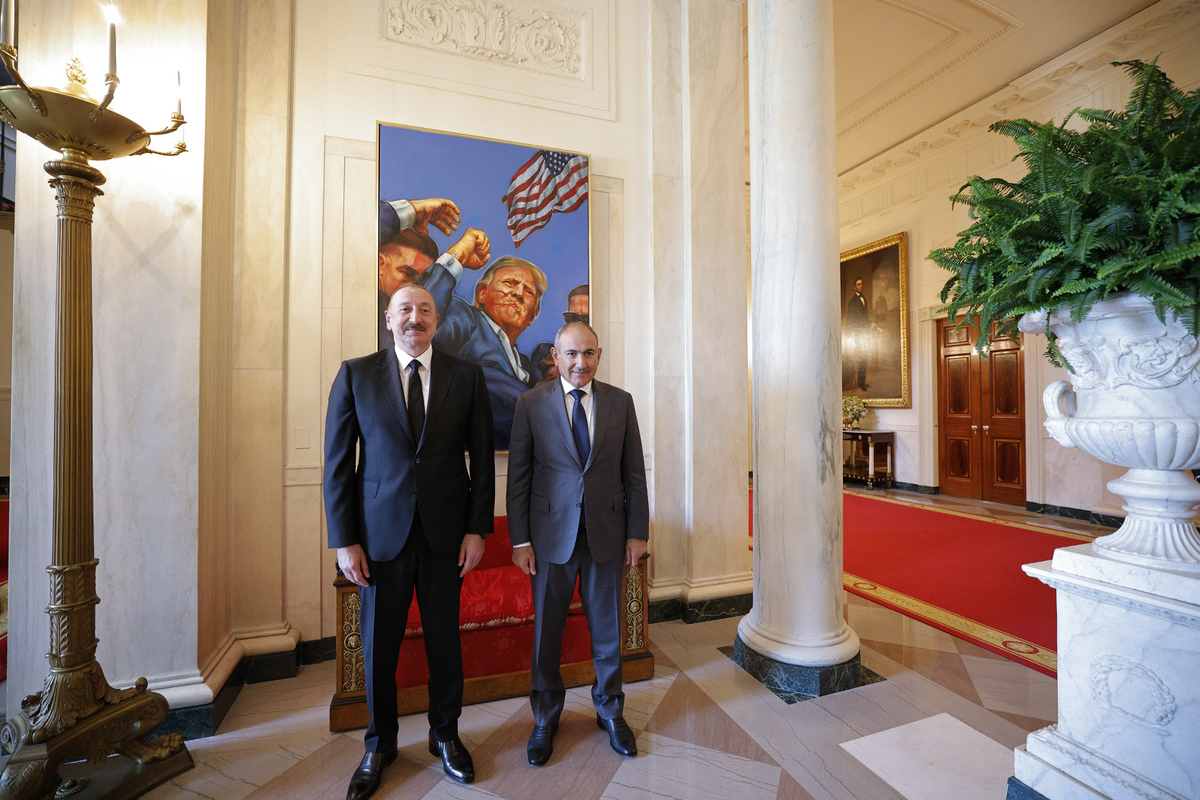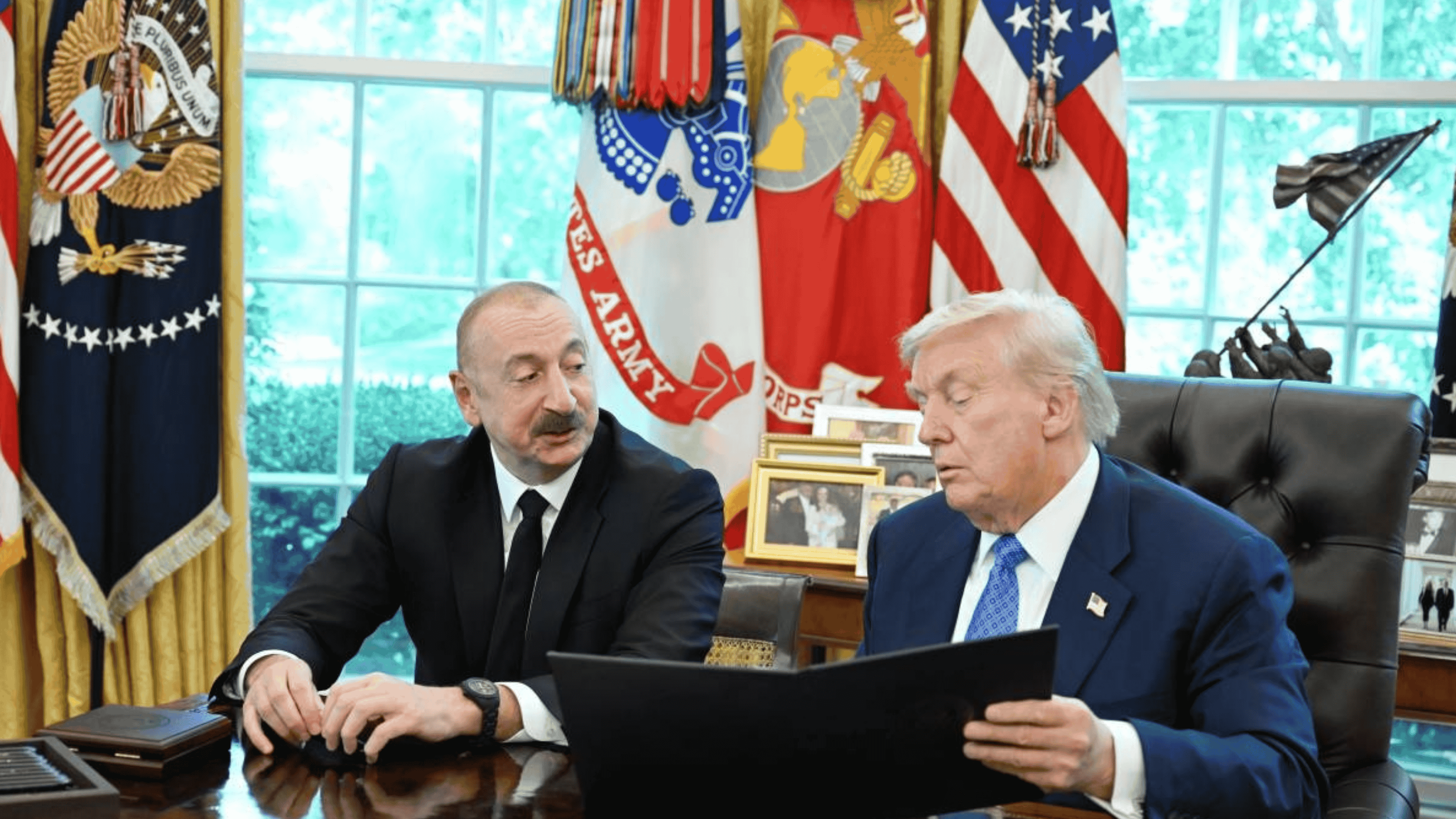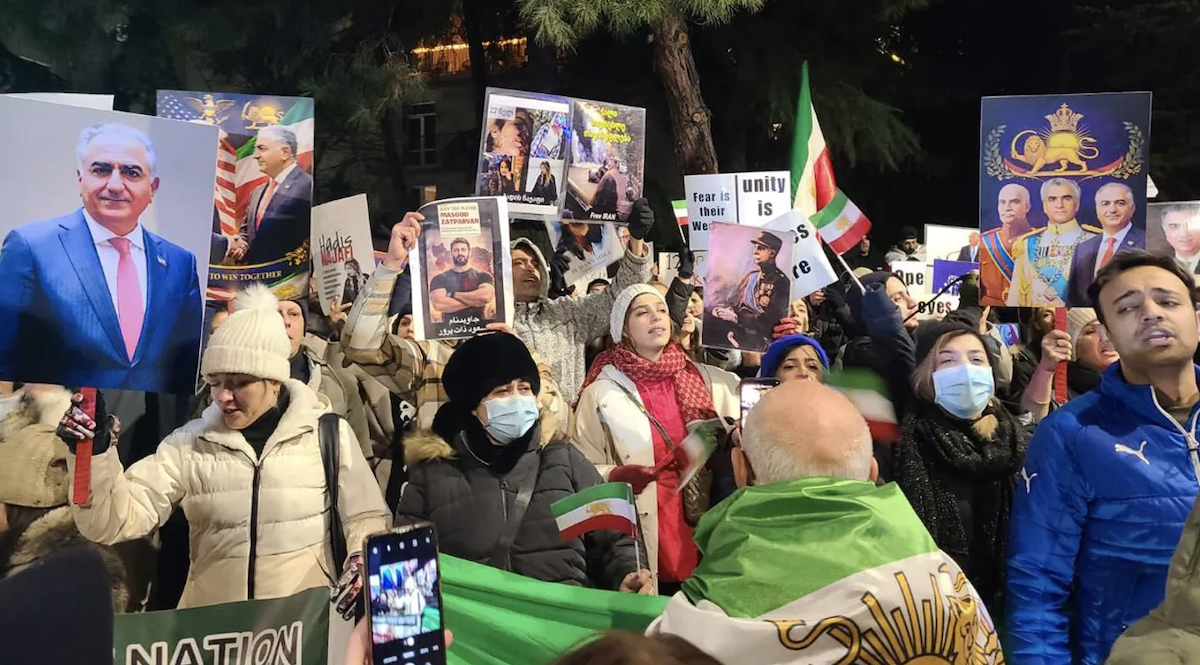“Family regimes’ friendship”: on the visit of Turkmenistan’s ex-president to Azerbaijan
Visit of Turkmenistan’s Berdimuhamedov to Azerbaijan
Although the July 16–18 official visit to Azerbaijan by Turkmenistan’s ex-president and “national leader” Gurbanguly Berdimuhamedow is presented as a gesture of “friendship” and officially framed as “energy cooperation,” it also carries clear political messages.
Political commentator and founding board member of the Third Republic Platform Elman Fattah described the visit as “ideological solidarity and mutual recognition of family-based rule” among post-Soviet authoritarian regimes.
Elman Fattah: “This is not just diplomacy – it’s a manifesto between regimes”
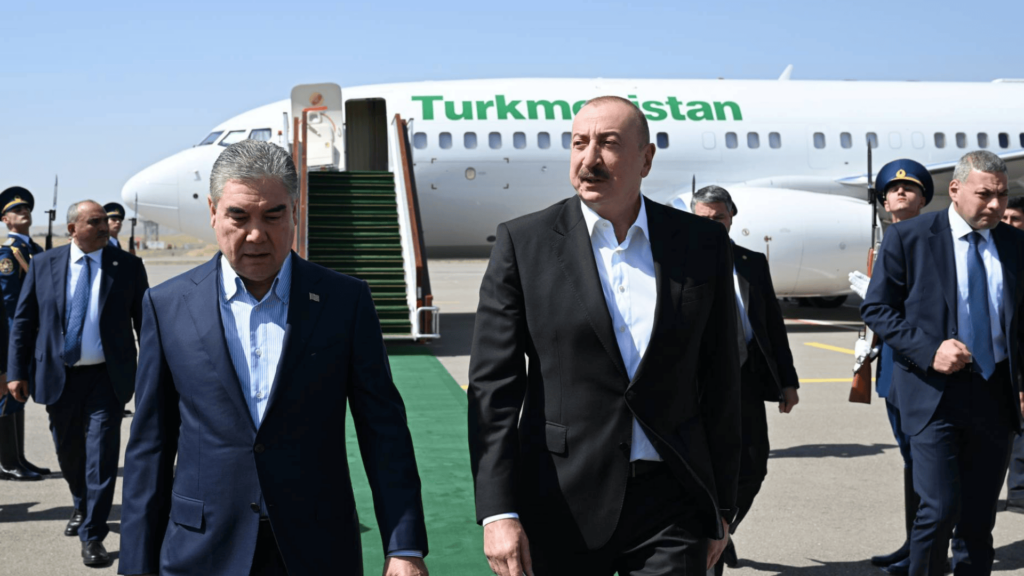
Elman Fattah believes Gurbanguly Berdimuhamedow did not come to Baku as just an ordinary former president.
He is the figure shaping Turkmenistan’s real political course and the main force behind the formal ruler — his son, Serdar Berdimuhamedow.
“Gurbanguly Berdimuhamedow is essentially the embodiment of Turkmenistan’s dynastic model of governance,” Fattah notes.
In his view, this visit is not only about strengthening Turkmen-Azerbaijani relations, but also sends a message related to the intra-family transfer of power in Azerbaijan itself:
“The visit’s protocol – llaying flowers at the grave of President Aliyev’s father, Heydar Aliyev, jointly visiting symbolic sites – is more than a gesture of official courtesy; it is a statement of political symbolism.”
“What will Ilham Aliyev learn in order to one day hand over power to his son Heydar Aliyev?” the political commentator asks, highlighting the visit as an “exchange of experience.”
Leader cults, family rule, and symbolic protocol

Elman Fattah notes that Berdimuhamedov’s visit to the grave of Heydar Aliyev is more than just a ceremonial gesture. It is a symbolic display of the ideas of “family rule,” “leader cult,” and “historical continuity.”
“These steps send a message to both domestic and external audiences: ‘We are bearers of the same system, we recognize each other’s legitimacy, and we reinforce it,’” he says.
According to him, Ilham Aliyev is restructuring the regime he inherited from his father within a framework of family resources and an ideology rooted in cult-like leadership.
Berdimuhamedov, meanwhile, opened a similar path for his son long ago. In both models, political decisions are shaped within the family orbit, while other institutions merely follow its will.
The “Dostlug” field: energy diplomacy or authoritarian consensus?
In the factual section of Elman Fattah’s article, he notes that the main technical agenda of the visit centers on the “Dostlug” field, located in the Caspian Sea on the border between Azerbaijan and Turkmenistan.
Since 2021, the site has been jointly agreed upon by the two countries and holds strategic significance, with reserves of roughly 30 billion cubic meters of gas and 300 million barrels of oil.
A memorandum of understanding signed in 2021 officially gave the field its new name — “Dostlug” (meaning “Friendship”).
Elman Fattah describes this as an example of symbolic diplomacy:
“Agreements around this field are not built on transparent and democratic institutions, but rather on mutual trust between authoritarian family regimes.”
At the same time, through the Trans-Caspian gas pipeline project, the field is also important in terms of access to the European energy market and creating an alternative to Russian influence.
However, Fattah sees these initiatives primarily as part of what he calls “club diplomacy.”
“Club diplomacy” of authoritarian regimes
Political commentator Elman Fattah believes that in recent years, a system of inter-regime relations has emerged across the post-Soviet space that cannot be explained solely by economic or security concerns.
Instead, it resembles a “club” built on ideological and symbolic solidarity:
“Dynastic rule, leader cults, total media control, elimination of the opposition, and the effective destruction of the electoral system — these are the entry tickets to this club.”
Fattah sees Berdymukhamedov’s visit in this context not merely as the development of diplomatic ties, but as an act of ideological recognition and consolidation between regimes.
According to him, Aliyev’s reception of Berdymukhamedov as Turkmenistan’s true leader and their joint visit to the Alley of Honor are symbolic rituals of what he calls an “authoritarian brotherhood.”
“It’s a survival strategy in politics”
According to Elman Fattah, the main goals of this “club diplomacy” are:
- Protection from external isolation: regimes provide each other with political support.
- Ideological reinforcement: each regime shows its domestic audience that it is not alone.
- Export and normalization of the model: dynastic rule is presented as a successful form of governance.
“Oil fields, flags, and protocol are just the visible part. Behind the scenes lies mutual recognition and the consolidation of family-based authoritarianism,” he concludes.
News in Azerbaijan










